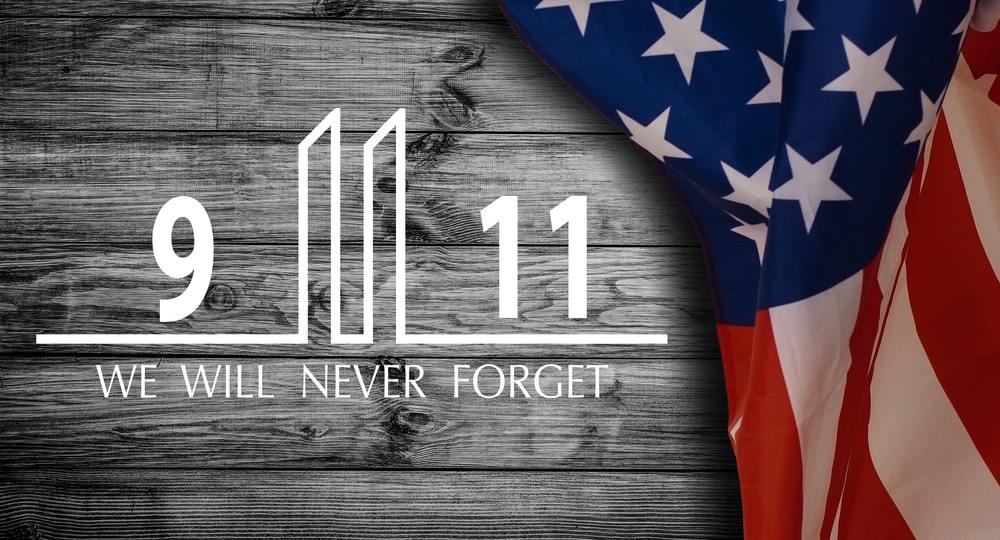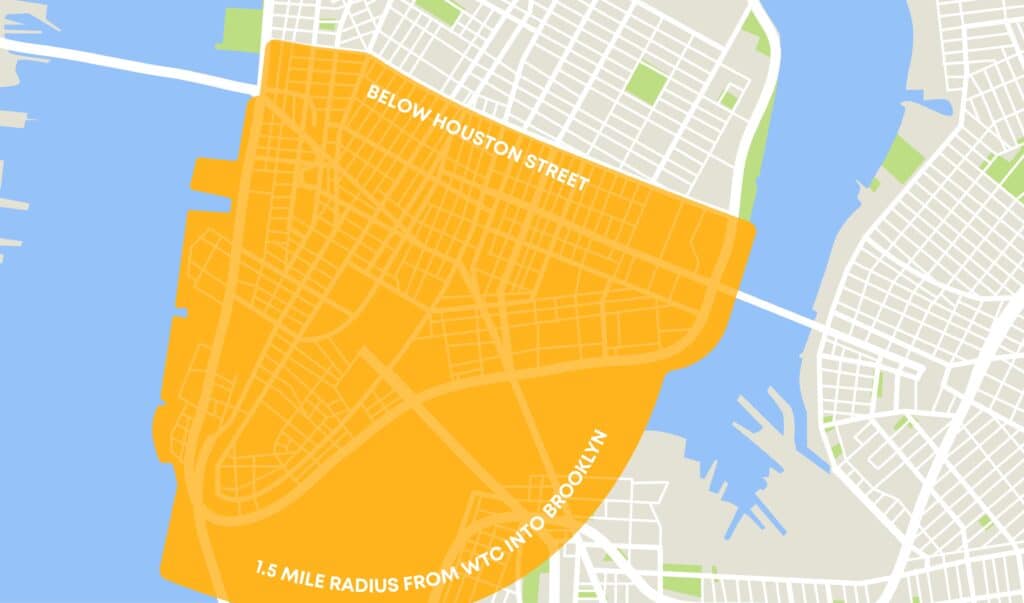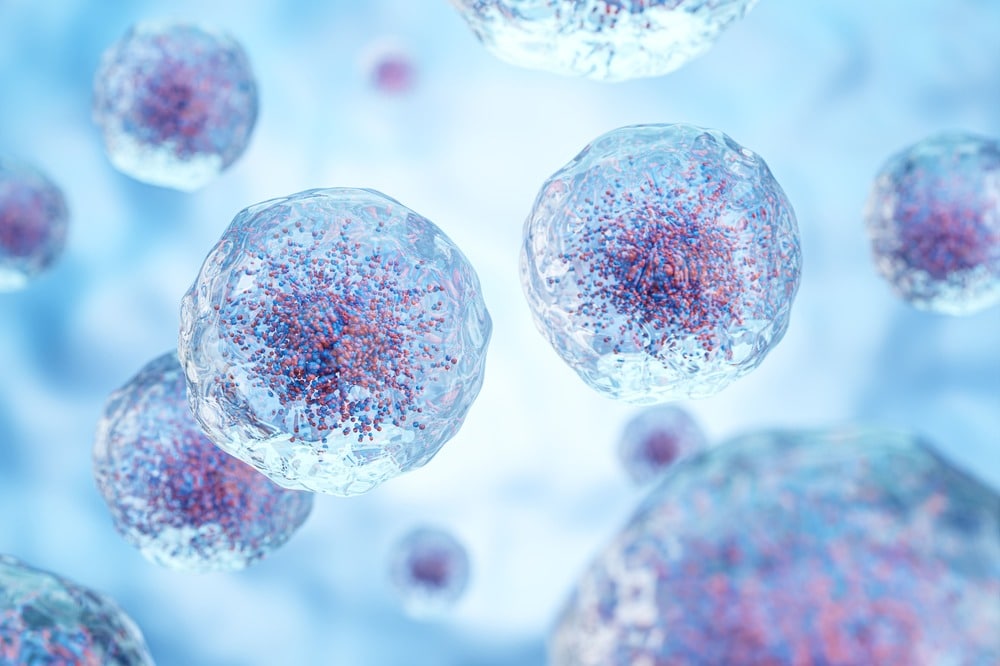
One of the most heartwarming sights in the wake of the 9/11 attacks in New York was that of many thousands of volunteers descending on Ground Zero to help with the rescue and cleanup efforts.
9/11 volunteers included firefighters, Salvation Army members, American Red Cross volunteers, EMTs, police officers, medical personnel, and religious volunteers, all of whom rushed to help people in desperate need.
Auxiliary volunteers also provided support in the form of food, shelter, and assistance for the rescue and cleanup volunteers.
The volunteers gave their time and energy to help others, unaware that they were risking their long-term health amid the toxic air of Ground Zero. Many have suffered health problems since 9/11 and some remain unaware that they may be eligible for care and compensation.
Compensation and care for 9/11 volunteers
Most 9/11 volunteers had no idea even in the months that followed the attacks that their health was in danger.
Due to the general outcry about health issues among first responders and others exposed to toxins in the years that followed the attacks, avenues were eventually opened for those affected to receive medical care and financial assistance.
Anyone who volunteered to provide aid and assistance during the 9/11 cleanup efforts and who suffered health issues as a result of their involvement may now be eligible for free lifetime healthcare and compensation.
The September 11th Victim Compensation Fund (VCF) provides financial assistance for people who developed related illnesses after exposure to the toxic air at Ground Zero —including first respondents, volunteers, residents, and workers in the exposure zone (over 400,000 individuals in total).
Individuals may have the right to free healthcare under the World Trade Center Health Program (WTCHP) as well as compensation from the VCF.
Serious health consequences for 9/11 volunteers
Many 9/11 volunteers suffered serious and life-threatening health conditions in the months and years following the rescue and cleanup efforts in Lower Manhattan.
This was partly due to the lack of warnings about the toxic air and the resulting lack of protection for volunteers working there. Most inhaled a dizzying array of toxins from jet fuel to pulverized building materials, asbestos, smoke, and electronic waste.
The most unfortunate of the volunteers are no longer here to tell their story: over 4,300 responders and survivors have died. Those who have survived have suffered from a wide range of serious health issues since 2001. These can broadly be categorized into the following:
Compensation that 9/11 volunteers deserve
Anyone who selflessly committed their time and energy to helping others after 9/11 should not have to suffer health consequences alone.
Those with one or more of the many conditions recognized by the WTCHP as 9-11 related may be entitled to free healthcare for life and significant compensation from the VCF.
However, claiming fair compensation can be challenging as many victims underestimate the extent to which their lives have been affected by their injuries and health conditions.
Victims may be able to claim compensation for the following:
- Past, present, and future medical expenses related to the 9/11 attacks.
- Lost income due to illness or injuries sustained while volunteering during the rescue or cleanup efforts.
- Compensation for pain and suffering from 9/11-related health condition(s) suffered by volunteers.
Exerting one’s rights to lifetime healthcare and compensation is easier and, often, more effective with an experienced 9/11 lawyer on your side.
9/11 volunteers must first have their illness certified by the WTCHP and may need to prove their presence in the exposure zone between 11th September 2021 and 30th May 2002. The assistance of a seasoned 9/11 lawyer in doing this can be invaluable.
Helping clients receive treatment from the WTC Health Program
Our 9/11 victims lawyers can help assess eligibility for signing up for the WTC Health Program and claiming VCF compensation.
To discuss your situation and learn more about how we may be able to help you, please call Weisfuse & Weisfuse, LLP at 212-983-3000 or contact us online to schedule a free consultation.






